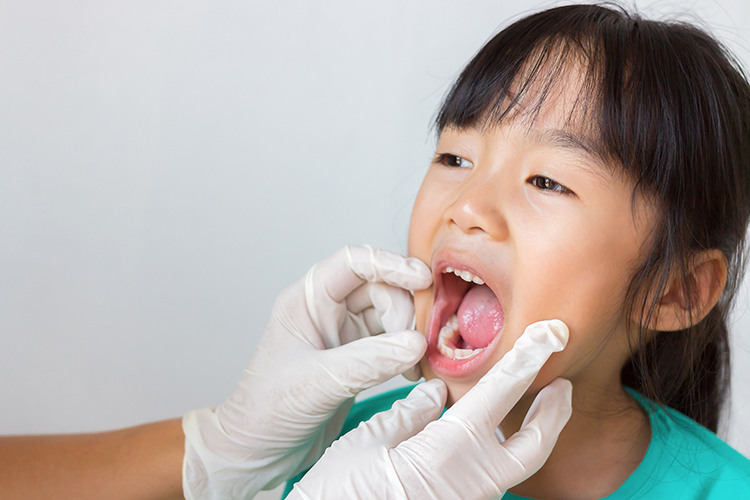Blog
Kids teeth are suffering from too many sugary drinks
Of late, there has been much discussion around the impact of sugar-sweetened beverage (SSB) consumption and weight gain (and it’s associated health consequences). Unfortunately, getting lost in this talk is the very real issue of poor oral health as a consequence from sipping these drinks.
We reported previously on the increase of tooth extractions in kids. This experience is painful and traumatizing, altering speech and quality of life, yet completely preventable.
One only needs to recall Larry from the film to get insight into how nasty it can get.
New research has revealed that one in seven teens are drinking more than 2 cups (500ml) of SSB per day, risking dental problems by two to three times compared to those not sipping the sweet stuff.
The research out of the University of Sydney looked at SSB consumption in year 6, 8 and 10 students, finding energy drinks the most popular of SSB. 20% are drinking at least 1 cup of this per day. Yikes!
Energy drinks can have a serious impact on health and not something to be messed with.
Too much sugar
“Consuming two cups a day is roughly equal to 11 teaspoons of sugar which is well in excess of the World Health Organizations’ guidelines for sugar intake without even looking at food consumption,” said study author, Dr Louise Hardy.
Interestingly, while the research found association between various types of SSB and poor oral health, including energy and sport drinks and flavoured water, diet drinks seemed to carry the strongest link. This prompts the call for more research into whether this correlation stems from other eating habits or from the artificial sweeteners used in diet drinks.
“The clear association between oral health problems and diet and new generation soft drinks, such as energy, sports drinks and flavoured waters is a real concern as these beverages are marketed as a beverage of choice for adolescents. Many view them as a healthy alternative.”
Choose water
The individual and public health implications of poor dental health can be huge.
Making water the first choice at home and the only choice at school will make a big difference in total amount of SSB consumed by teens daily.
Following the adoption of a water-only policy on campus, Yendarra School has seen a reduction in dental decay in students, setting a great example!
H20 is the way to go!
By Angela Johnson (BHSc Nut. Med)
References
- Hardy, L Bell, J Bauman, A & Mihrshahi, S 2017, “Association between adolescents’ consumption of total and different types of sugar-sweetened beverages with oral health impacts and weight status”, Australian and New Zealand Journal of Public Health, [ePub]












